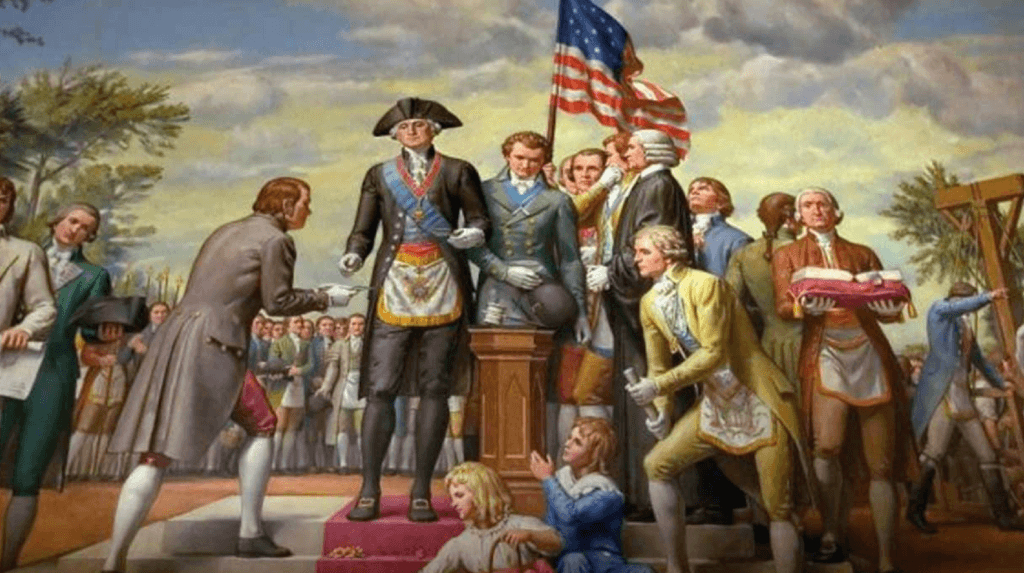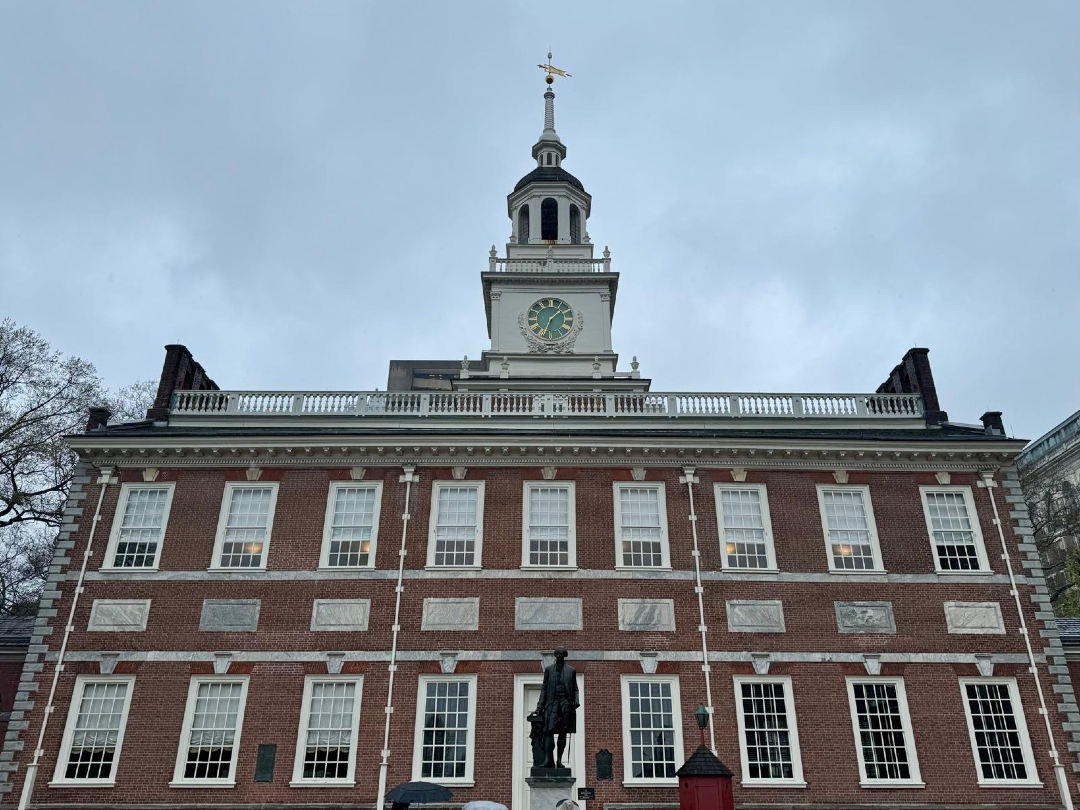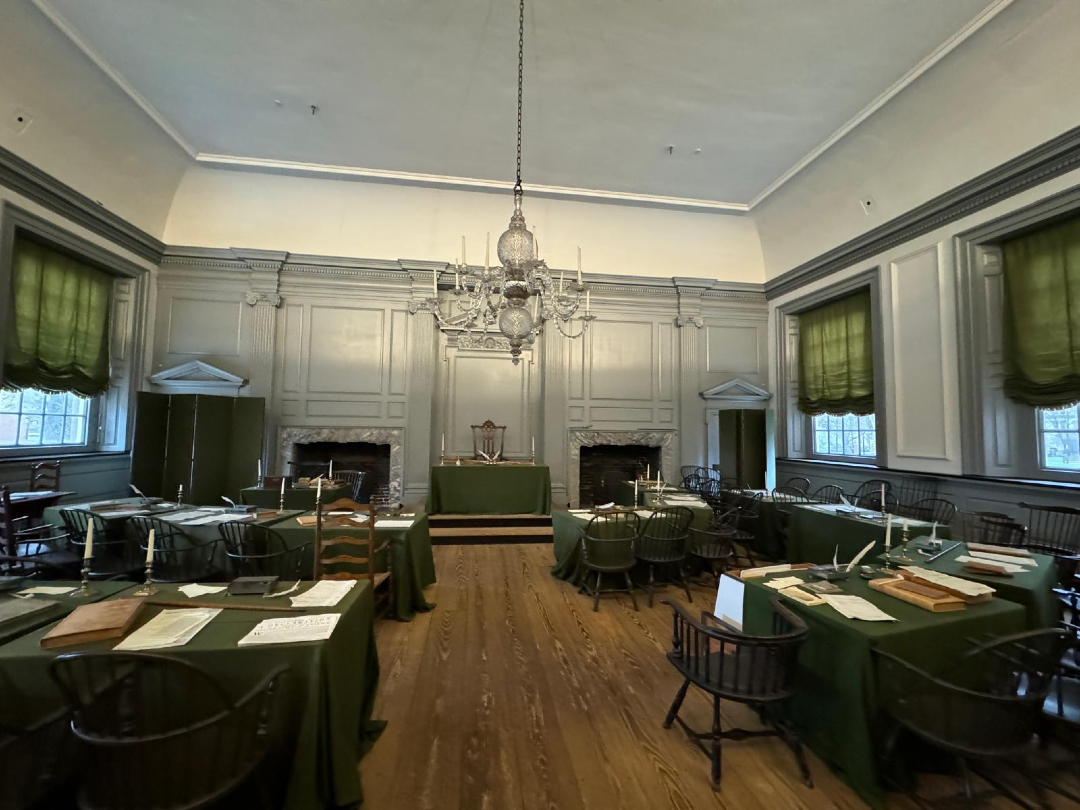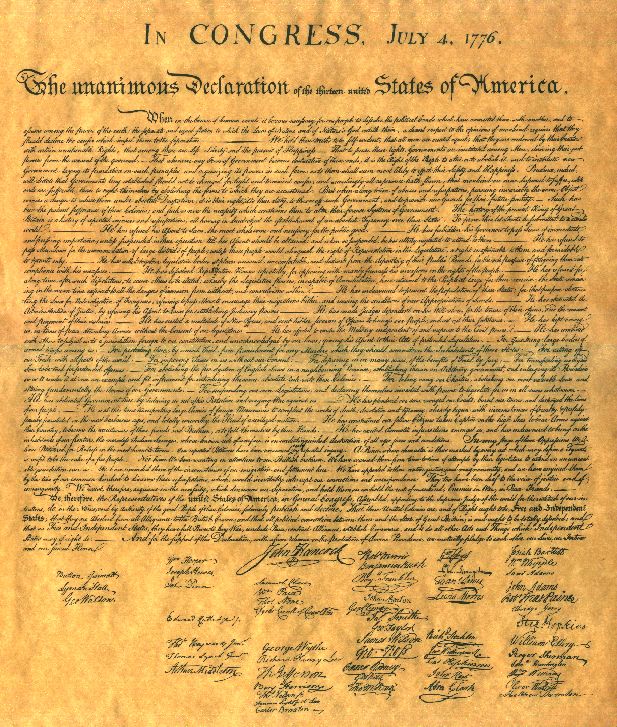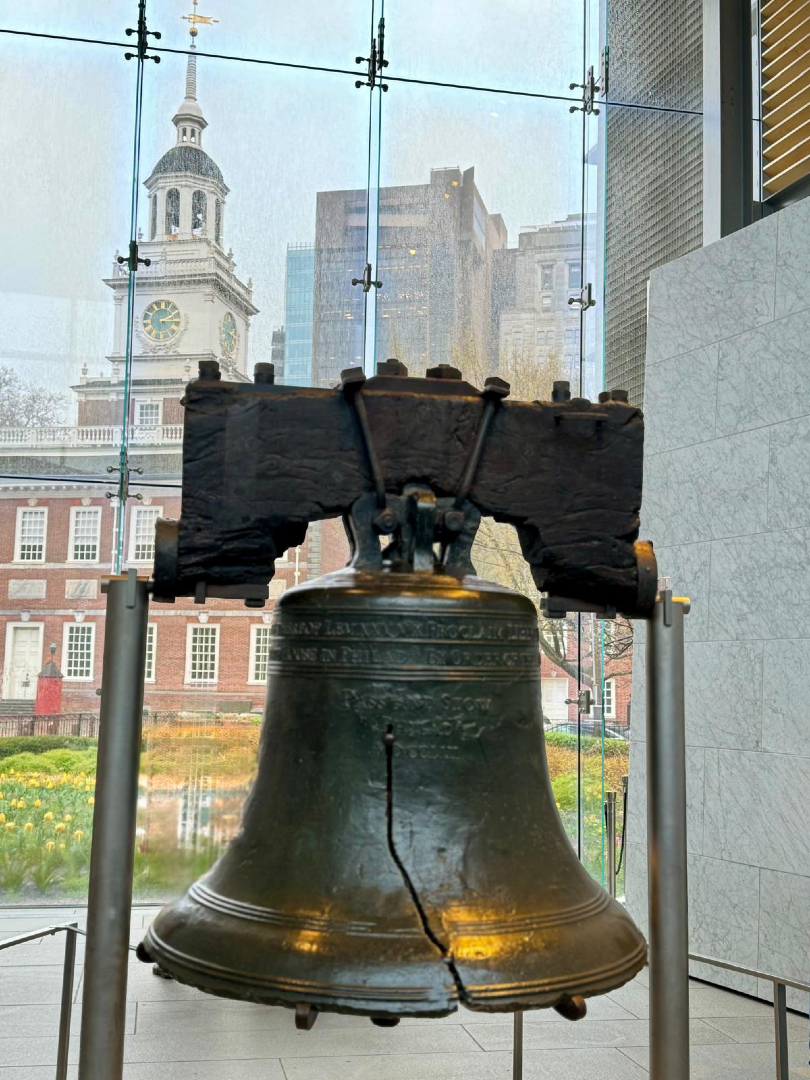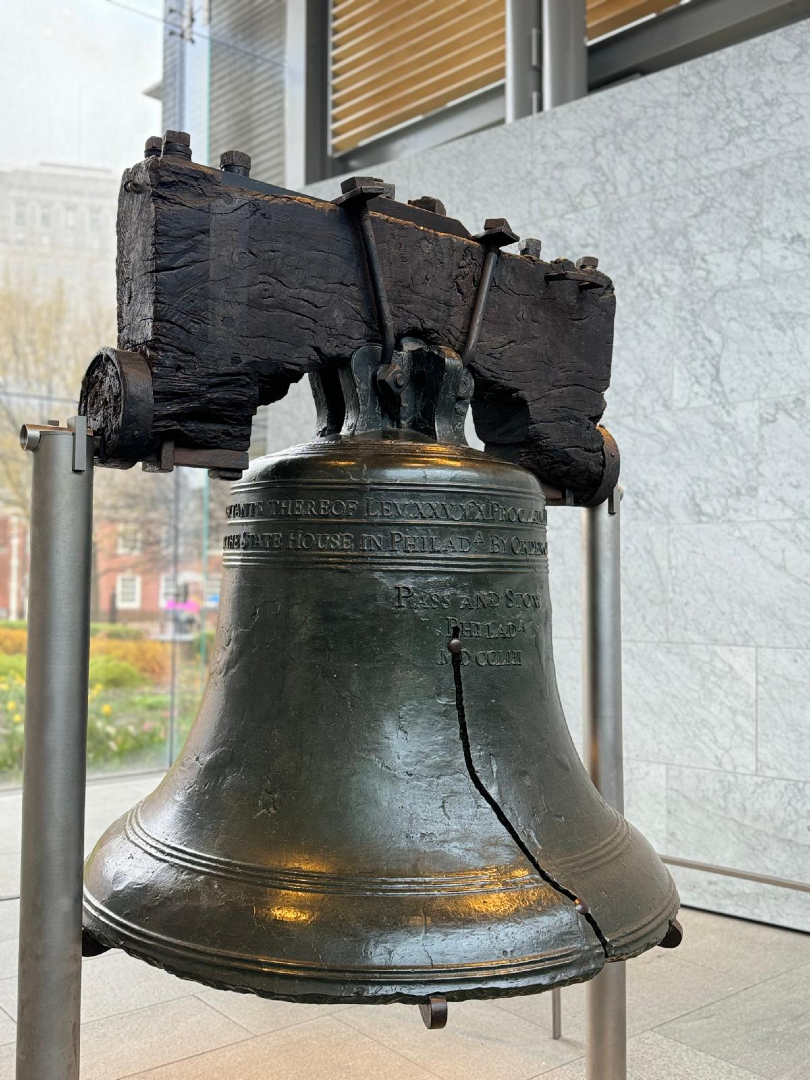The Fourth of July, or American Independence Day, is a date of profound historical importance. It marks the adoption of the Declaration of Independence in 1776—a defining moment that established the birth of the United States. For Freemasons around the world, this day also holds special significance, as many of the ideals celebrated on Independence Day closely align with Masonic principles. The influence of Freemasonry on the founding of the United States is not just symbolic—it is woven into the very fabric of the nation’s origin story.
The Declaration of Independence was more than a political document; it was a bold philosophical statement inspired by Enlightenment ideals. Core beliefs such as liberty, equality, and the right to self-governance echoed strongly within Masonic teachings. Many of the men responsible for drafting and supporting the Declaration were themselves Freemasons or closely aligned with the fraternity.
Prominent figures such as Benjamin Franklin, John Hancock, and possibly Thomas Jefferson played key roles in shaping the Declaration. Franklin, an active Freemason, was instrumental in guiding the moral and intellectual foundation of the Revolution. Hancock, another confirmed Mason, famously signed the document with bold flair. While Jefferson’s formal membership is debated, his philosophical leanings and associations suggest deep alignment with Masonic values.
Of the 56 signers of the Declaration, at least nine were confirmed Freemasons, and many others were likely influenced by the fraternity's principles. This significant Masonic presence reveals how deeply the ideals of the Craft permeated the early leadership of the United States.
The Masonic influence didn’t end with independence. It extended directly into the formation of the United States Constitution in 1787. Freemasons such as George Washington, who presided over the Constitutional Convention, helped shape the framework of American government. The Constitution, with its emphasis on checks and balances, individual liberties, and rule of law, reflects the organizational values and ethical philosophy upheld by Freemasonry.
Beyond government, Freemasonry has played a consistent role in shaping American society. Lodges across the country have supported education, civic responsibility, and charitable work since the nation’s founding. The fraternity promotes moral integrity, ethical conduct, and community service, encouraging its members to live as examples of virtue and leadership.
Freemasonry has also championed tolerance and inclusivity, bringing together men of diverse religious, social, and political backgrounds under shared values of brotherhood and mutual respect. This tradition of unity and acceptance has contributed to the development of a more diverse and open American society.
Today, as Americans come together to celebrate the Fourth of July, they are not only honouring the country’s independence but also recognizing the enduring influence of Freemasonry. The ideals of liberty, equality, and justice—cornerstones of the American identity—are the same ideals that guide Freemasons in their personal and public lives.
In many ways, Independence Day is a celebration of shared values: the belief in human dignity, freedom of thought, and the responsibility of individuals to contribute to the greater good. Freemasonry’s influence on American history, governance, and civic life continues to inspire, making the 4th of July not only a patriotic observance but also a tribute to the fraternity that helped shape the American spirit.
The Declaration of Independence was more than a political document; it was a bold philosophical statement inspired by Enlightenment ideals. Core beliefs such as liberty, equality, and the right to self-governance echoed strongly within Masonic teachings. Many of the men responsible for drafting and supporting the Declaration were themselves Freemasons or closely aligned with the fraternity.
Prominent figures such as Benjamin Franklin, John Hancock, and possibly Thomas Jefferson played key roles in shaping the Declaration. Franklin, an active Freemason, was instrumental in guiding the moral and intellectual foundation of the Revolution. Hancock, another confirmed Mason, famously signed the document with bold flair. While Jefferson’s formal membership is debated, his philosophical leanings and associations suggest deep alignment with Masonic values.
Of the 56 signers of the Declaration, at least nine were confirmed Freemasons, and many others were likely influenced by the fraternity's principles. This significant Masonic presence reveals how deeply the ideals of the Craft permeated the early leadership of the United States.
The Masonic influence didn’t end with independence. It extended directly into the formation of the United States Constitution in 1787. Freemasons such as George Washington, who presided over the Constitutional Convention, helped shape the framework of American government. The Constitution, with its emphasis on checks and balances, individual liberties, and rule of law, reflects the organizational values and ethical philosophy upheld by Freemasonry.
Beyond government, Freemasonry has played a consistent role in shaping American society. Lodges across the country have supported education, civic responsibility, and charitable work since the nation’s founding. The fraternity promotes moral integrity, ethical conduct, and community service, encouraging its members to live as examples of virtue and leadership.
Freemasonry has also championed tolerance and inclusivity, bringing together men of diverse religious, social, and political backgrounds under shared values of brotherhood and mutual respect. This tradition of unity and acceptance has contributed to the development of a more diverse and open American society.
Today, as Americans come together to celebrate the Fourth of July, they are not only honouring the country’s independence but also recognizing the enduring influence of Freemasonry. The ideals of liberty, equality, and justice—cornerstones of the American identity—are the same ideals that guide Freemasons in their personal and public lives.
In many ways, Independence Day is a celebration of shared values: the belief in human dignity, freedom of thought, and the responsibility of individuals to contribute to the greater good. Freemasonry’s influence on American history, governance, and civic life continues to inspire, making the 4th of July not only a patriotic observance but also a tribute to the fraternity that helped shape the American spirit.

